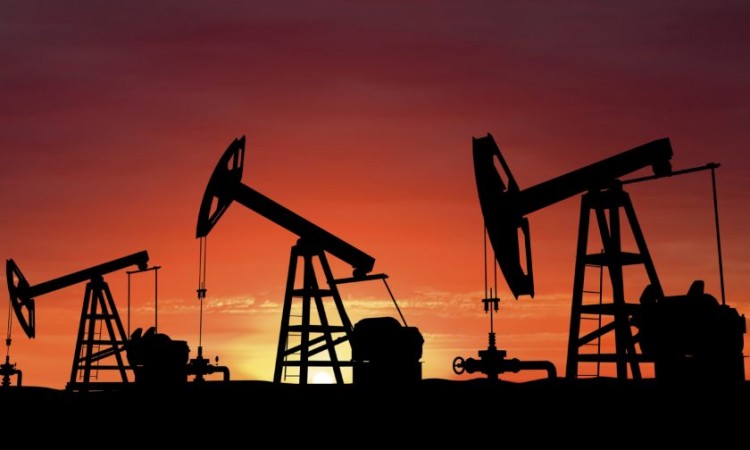
The world is learning to live with less oil. The coronavirus pandemic has destroyed demand for gasoline and jet fuel as billions of people stay home, and there's no guarantee it will ever fully recover despite rock-bottom prices.
The oil industry is bracing for the effects of the crisis to linger. Employees keep working from home. International travel stays scarce. And citizens in once-polluted cities, having become accustomed to blue skies, demand tougher emissions controls.
Such changes would come on top of a push for investors to dump oil assets that had been gaining momentum before the recent price crash. Sustainable energy investments, by comparison, appear to have held up relatively well despite stock market volatility.
This could mean that global demand never returns to its 2019 record high, a scary prospect for oil companies and their employees from Texas to Western Europe, and countries such as Russia, Nigeria or Iraq that depend heavily on selling crude.
"I think the pressure to accelerate the forces driving the energy transition will only increase as a result of this crisis," said Mark Lewis, global head of sustainability research at BNP Paribas Asset Management in Paris.
The threat of a second wave of infections in the fall also looms for producers. Prices have already plunged to their lowest levels in decades as producers grapple with excess supply and the worst demand shock in history.
"There remains an exceptional level of uncertainty regarding the near-term outlook for prices and product demand," BP Chief Financial Officer Brian Gilvary told analysts this week.
Before the pandemic, analysts predicted that the peak in oil demand would occur around 2040 due to the rise of electric cars, increased energy efficiency and a switch to alternative sources. But the coronavirus has forced many assumptions about the future of oil to be scrubbed.
Kakvo je tvoje mišljenje o ovome?
Učestvuj u diskusiji ili pročitaj komentare





 Srbija
Srbija
 Hrvatska
Hrvatska
 Slovenija
Slovenija







